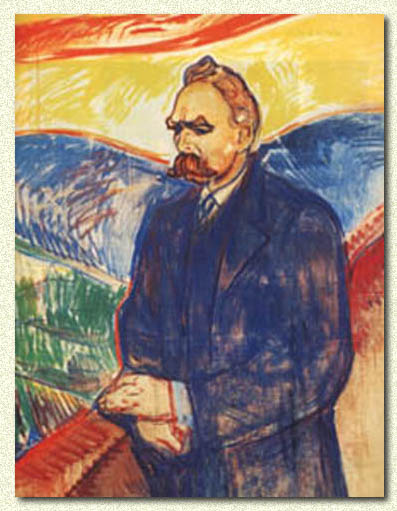
Optimism springs from what he sees as the replacement for Christianity as the guiding force in human existence. A noble class of aristocrats should emerge to replace the Christian tenants that have mislead human development. Supermen are the desirable people who have the will to power. They win wars, despise compassion, and view suffering as essential to personal development. Great suffering is something to be appreciated. Great men suffer greatly. Nietzsche cannot love mankind. Nietszche chastises Budhism and Christian for the sympathy they emplore as sacred. The absence of sympathy is what defines Nietzche’s thought. There is no reason to sympathize with anyone. Weakness is a rejection of the will to power. Nietzsche despised trade unions because it gave undue power to collectivized sub-humans. The superman inevitably would be trounced against a mob of well organized citizenry. In this sense, Nietzsche is anti-democratic. Aristocratic arguments such as the one forwarded by Nietzsche are no longer in vogue given the four waves of democratisation. Nietzsche’s controversy stems for his attitudes towards basic tenants of society, even his tone is overly antagonistic to late 19th century perceptions. He admires conquers for the pain they cause, he is a sadist. Nietzche rejects universal love and does not have a pleasant vision of our existence.
